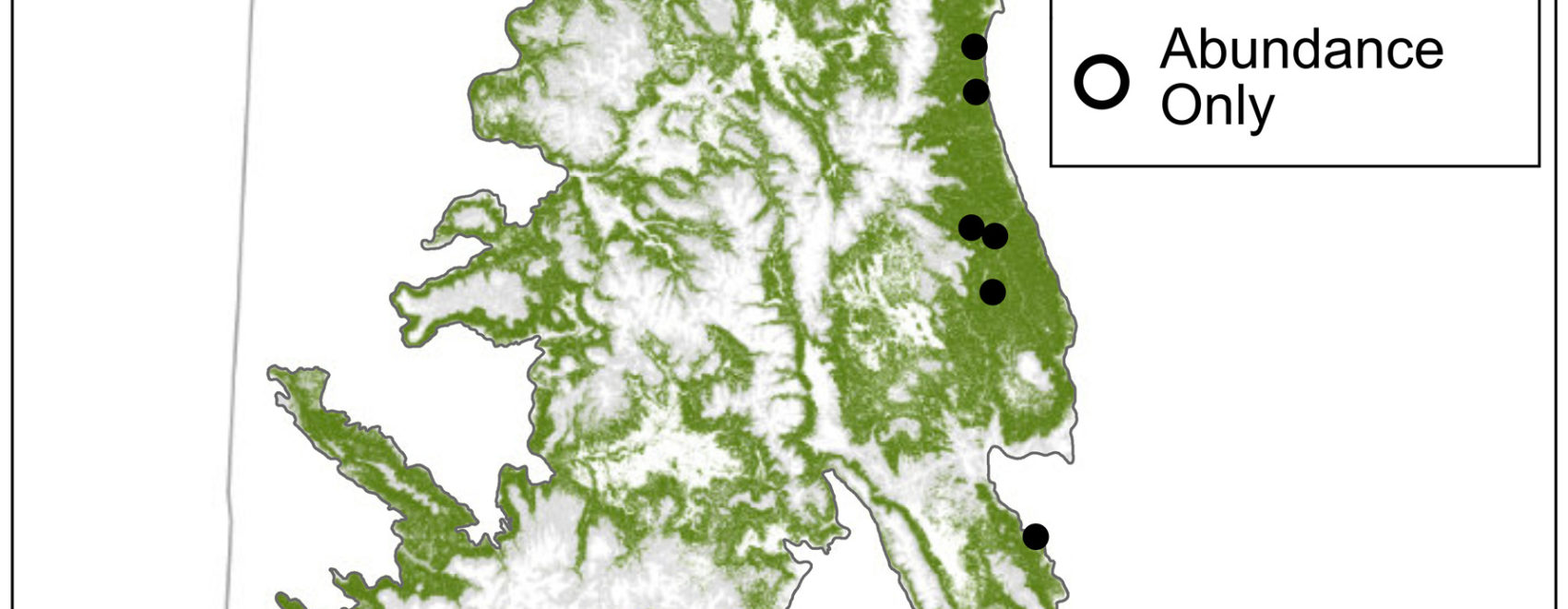FULL RESEARCH PUBLICATION HERE
Climate warming is increasing fire activity in many of Earth’s forested ecosystems. Because fire is a catalyst for change, investigation of post-fire vegetation response is critical to understanding the potential for future conversions from forest to non-forest vegetation types. We characterized the influences of climate and terrain on post-fire tree regeneration and assessed how these biophysical factors might shape future vulnerability to wildfire-driven forest conversion.

